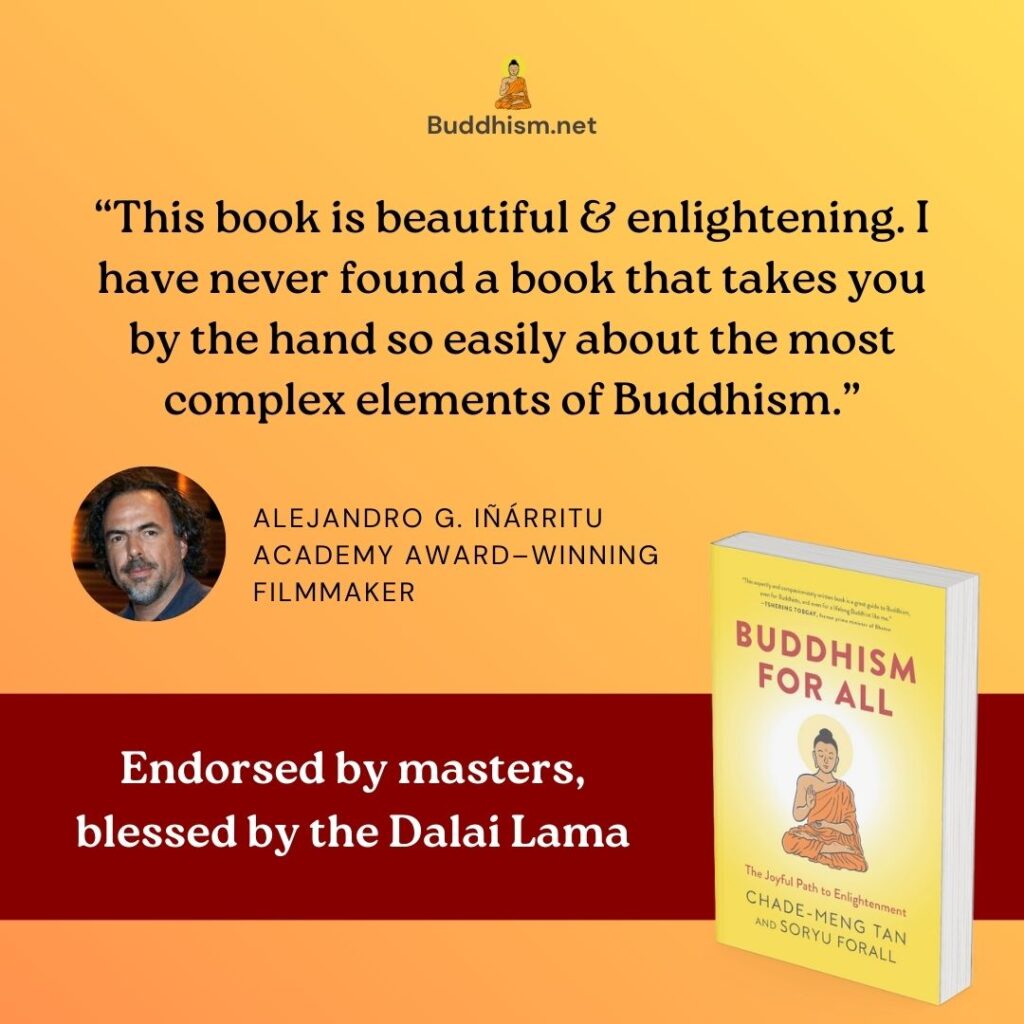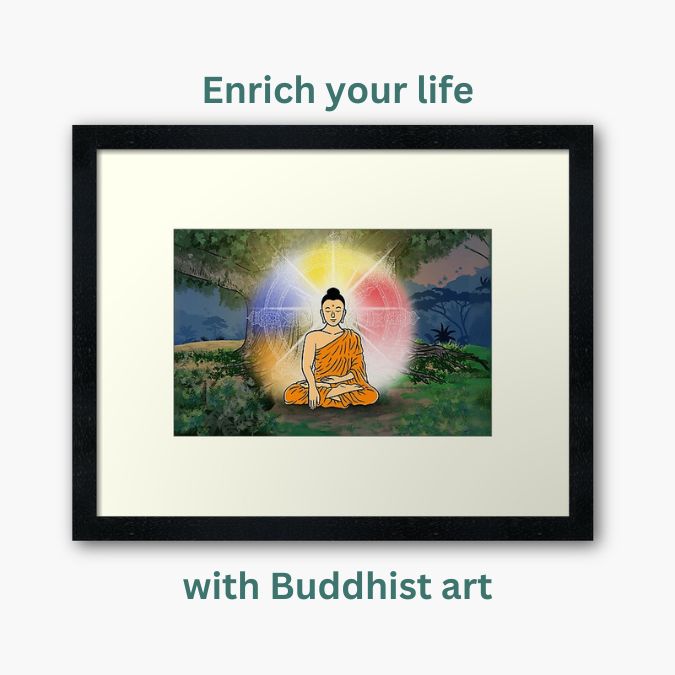According to the Mahāyāna Chinese Buddhist tradition, Shakyamuni Buddha’s Renunciation Day is observed on the 8th day of the 2nd lunar month.
Before Shakyamuni Buddha became the Buddha, he was known as Prince Siddhattha Gotama. Siddhattha means “wish fulfilled” and Gotama was the family name (also commonly spelled as Gautama).
We extract excerpts from the book, Buddhism for All to share Prince Siddhattha’s renunciation:
“As an aristocrat, Siddhattha no doubt received a good education and training in martial arts. At sixteen, he married his beautiful cousin of the same age, Princess Yasodharā. He lived a pampered, luxurious life filled with sensual pleasures. He had the highest quality clothing. A white parasol was always held over him “so that I might not be touched by heat or cold, dust, leaves or dew.” He had three palaces, one for the cold season, one for the hot season, and one for the rainy season. And yes, he had good food and on-demand entertainment by female musicians. Life was good, until the day he went out to explore.
One glorious day, Siddhattha went into town with his charioteer Channa, and came into direct contact with the stark realities of real life outside his pampered existence. It shocked him to his core. On this trip, he saw four things that changed his life, that would later be known in Buddhism as the Four Sights.
First, he saw a decrepit old man, and he suddenly realized that he himself was subject to aging, and that everybody else was also subject to aging. Next, he saw a very sick man, and it suddenly dawned on him that he was subject to sickness, and so too was everybody else. The third sight must have been the most shocking of all: he saw a corpse. He realized that someday, he would be just like this corpse. Someday, he would die, and that everybody else was also subject to death.
While the first three sights shocked and depressed him, the fourth offered him hope. The fourth sight was that of an ascetic, one who had renounced the world to devote himself to finding the truth. Siddhattha must have been impressed by the calm and dignified demeanor of the ascetic, for after seeing this man, he decided that he too wanted to follow that career path.
Having seen suffering, Siddhattha decided that the most noble thing to do was to find the solution to all suffering. Much later (after his enlightenment), he would tell his disciples that a “noble search” was one where someone subject to birth, aging, sickness and death seeks a solution to those things. He was determined to begin his own noble search. The admission price of Siddhattha’s noble search was giving up of his family life and his pleasure-filled, princely existence. He was willing to pay that price.
It is useful to understand Siddhattha’s decision to renounce from the lens of compassion. Like a modern-day father who leaves his family to work in a foreign country for many years to elevate his family out of poverty, Siddhattha had to take on a multi-year ascetic assignment away to elevate his family (and all sentient beings, for that matter) out of suffering. Even though Siddhattha loved his wife and newborn son, his compassion for them and for all sentient beings compelled him to leave his family to embark on his noble search for the solution to all suffering. He simply had to do it. It helped that his wife and son, being royals, would be well taken care of by the extended family in his absence. One day, he made the final decision to leave in the middle of the night. On the night of his departure, he opened the door to his bedroom and took one last look at his sleeping wife and child.
And then he left quietly. He was twenty-nine years old.”
Read the story of Buddha’s renunciation in these sections from the Buddhism for All book:


